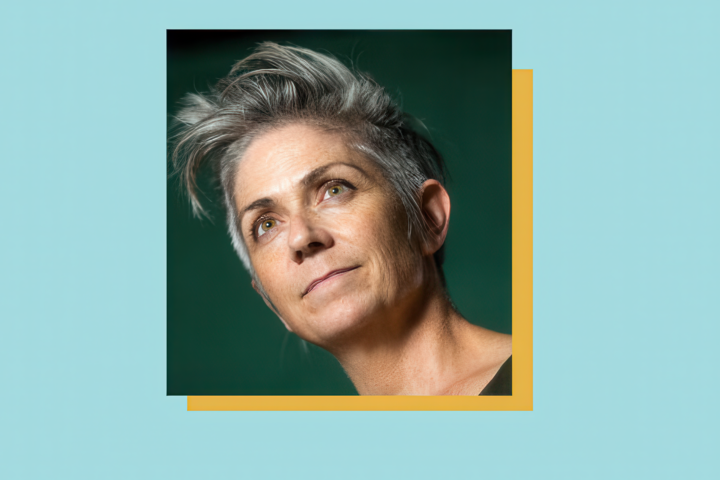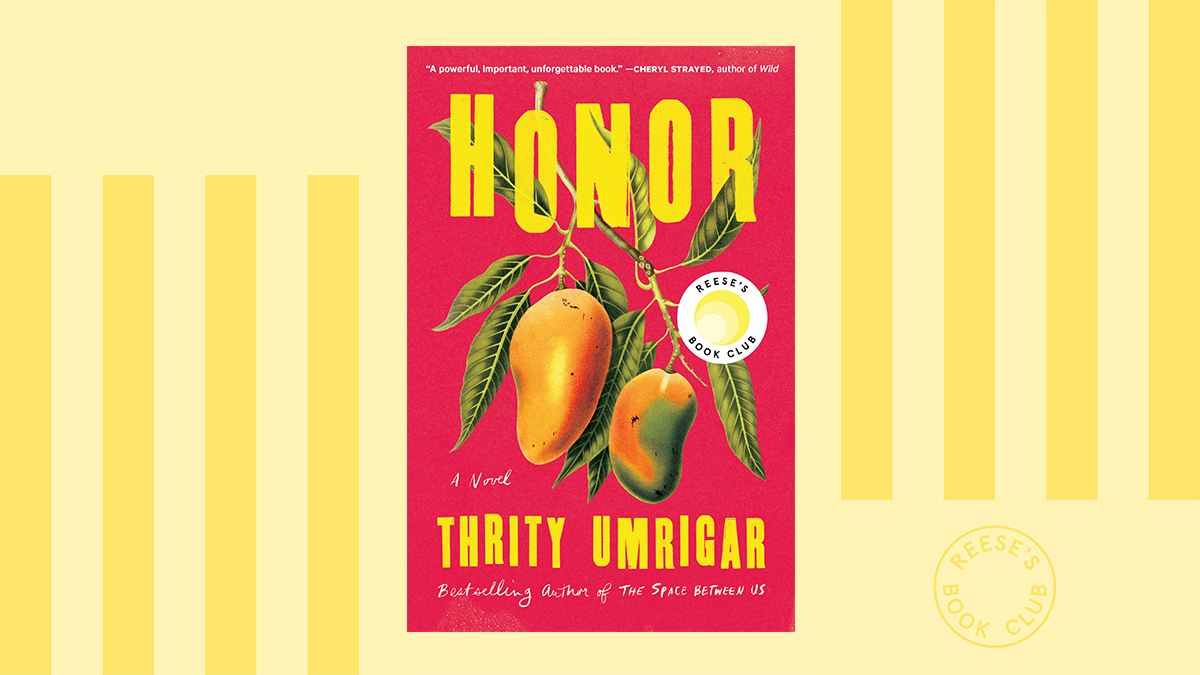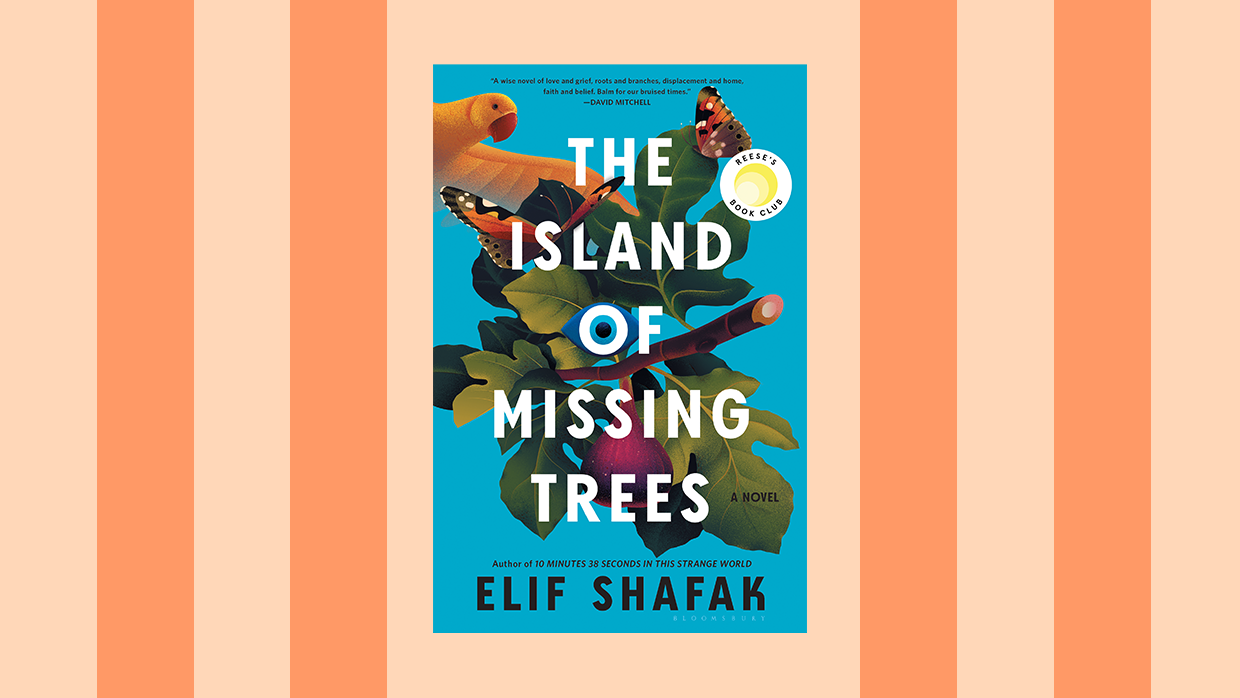I incorporated a podcast into my novel because I love them so.
In the book Anna walks out of her imploding life and into the podcast story and this is certainty true: the rise of true crime podcasts have lead to a lot of real-life ‘citizen detectives’ conducting investigations, with fairly mixed results. Police in some places have started adding ‘please do not try to solve this crime yourself’ to appeals for information.
But what I really wanted to talk about was how special podcasts are. They’re a fairly recent invention and, in many ways, watching them develop feels like watching the birth of a new art form.
I started listening to podcasts after one of the mums at the school gates suggested Serial to me. Soon we were swapping recommendations like teenagers with crushes on the same band. Have you heard this? Try that one. This is a bit like that one.
At the beginning, I loved them because it was like reading when I needed my eyes and hands for other things like driving and cooking and walking across a room. Even having a bath—I’ve ruined so many books by getting them wet or steam warped. But now I could listen to a podcast by leaving my phone on the sink.
I soon came to realize that podcasts are different than audiobooks or radio programs. Good podcasters often use radio techniques, like sound effects and music, but it isn’t radio. It’s more obscure less controlled and a lot rougher. There are few rules: some are rough and magical, they can be any size or shape or topic. Dan Carlin’s World War 1 epic “Blue Print for Armageddon” was nearly twenty three hours long. Others, like “Short Stuff You Should Know” do fifteen minute shows.
Podcasts are always trying to shape the narrative into a story that you cannot stop listening to. I would recommend any creative writing student spend a little time listening to them if they want to learn how to coax a reader to read on for just that one more chapter as their eyes are stinging late into the night.
It’s intimate to have someone whisper a story in your ear. There is not a lot of journalistic detachment either—opinions abound!
It’s lovely to listen to true crime podcasters talk about a vicious murderer and call them a creepy weirdo coward. A recent comedy podcast made an hour’s worth of jokes about a famous serial killer’s poetry. There are long discussions about what which sexual inadequacies prompted certain serial killers.
I am very much here for that because it takes their power away. One of the magical things about podcasts is that they are so unregulated that they actually can challenge very powerful people and institutions.
What seems to make good podcasts work is the passion behind them and the presenters and researchers’ voice, when they sounds as if they’ve fallen into the story as much as Anna does.
It’s storytelling in its purest form.



